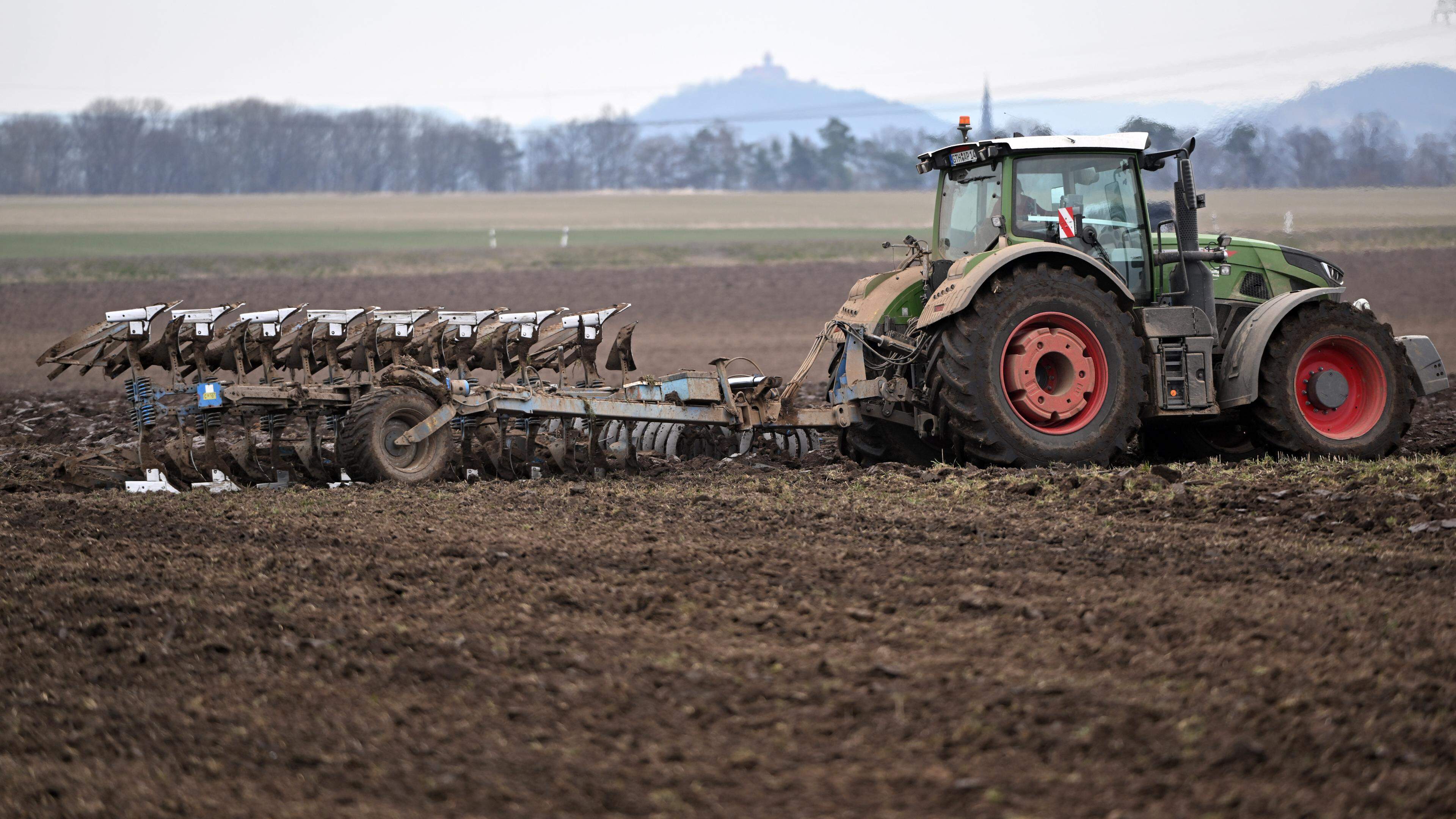Game of Numbers: The Russian economy is worse than it seems

The Russian economy is increasingly fragile as a result of its crossing military rails and sanctions imposed on it for the war in Ukraine. This is said in a report from the Stockholm Institute of Transition Economics (Site).
The report prepared for EU financial ministers states that, although still relatively stable, the Russian economy is only superficially resilient and that the main imbalances and structural weaknesses are increasing.
| « The fiscal stimulus of the military economy maintains it superficially in the short term, but the dependence on opaque financing, distorting the distribution of resources and the shrinking fiscal buffers, make it unstable in the long run. |
The EU has introduced 16 packets of sanctions against Russia since the beginning of the war aimed at the main sources of Moscow’s revenue – oil exports, gas and coal. Other Western powers, including the United States, Canada, the United Kingdom and Japan, have also imposed sanctions.
Moscow asks the business what sanctions in the West to be lifted
Do the sanctions work
Desiring to show that Western sanctions are pointless, Russia claims that its gross domestic product increased by 4.3% in 2024 after a 3.6% increase in 2023.

But Torbörn Becker, who presented the Site report to EU financial ministers, said that Russian GDP data could not be trusted because Moscow was most likely to underestimate inflation, which affects real GDP calculations.
| « Russia claims that inflation is 9-10%. Why then do they have an interest rate of 21%? Which central bank would have an interest rate, which is 11.5 percentage points higher than inflation? If any of our central banks did something like that would be fired the next day, » Becker told reporters. |
« This is a very clear indicator that inflation can actually be undervalued, and if the undervalued inflation, you will overestimate the real GDP data, » he explained.
Prediction of crisis
He also indicated Russia’s budget restrictions caused by declining revenue from oil, gas and coal and increasing military spending. Since the beginning of the invasion and despite its military efforts, Russia has reported a budget deficit of 2% of GDP each year.
| « Fiscal numbers in Russia do not correspond to what we think are investing in military efforts, » Becker said. |
According to him, much of the financing of the military machine goes through the banking system. « So if you add this to the fiscal numbers, their fiscal deficits would be approximately twice as high as what they show in official statistics, » he said.
The Russian economy is slow, new turmoil is set
This, in turn, accumulates financial risks in the banking system, Becker said because banks report high growth of lending.
« These are all indicators we usually look at when we predict the banking crisis, » Becker noted.
European Economic Commissioner Valdis Dombrovskis said the European Commission agreed with the Site report.
| « Their analysis emphasizes the unreliability of Russian statistics and how the Russian economy does not perform as well as its official statistics, » Dombrovski said after the EU ministers meeting. |
« The Commission generally agrees with this analysis and the growing fragility of the Russian economy as a whole.









/s3/static.nrc.nl/images/gn4/stripped/data132172542-48f26d.jpg|https://images.nrc.nl/6idtaMHrvBByTOkhg0ORRIcv3qo=/1920x/filters:no_upscale()/s3/static.nrc.nl/images/gn4/stripped/data132172542-48f26d.jpg|https://images.nrc.nl/Ny0mq8oPf3fLUbTIgfl5vpHWbuI=/5760x/filters:no_upscale()/s3/static.nrc.nl/images/gn4/stripped/data132172542-48f26d.jpg)